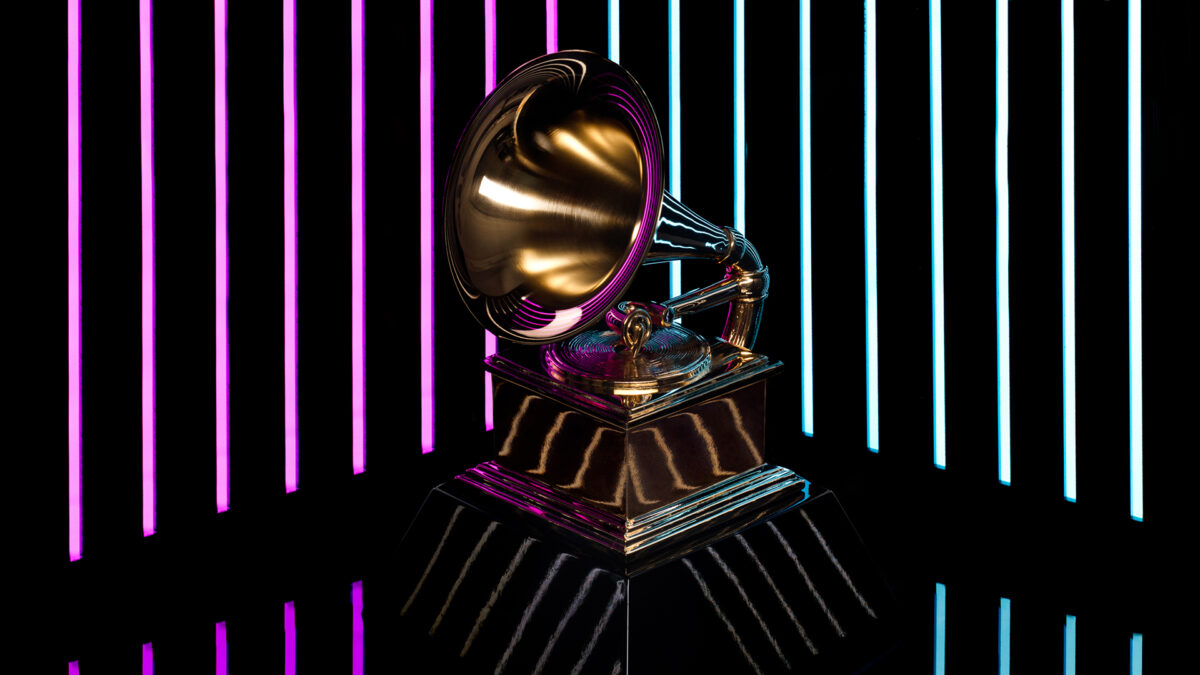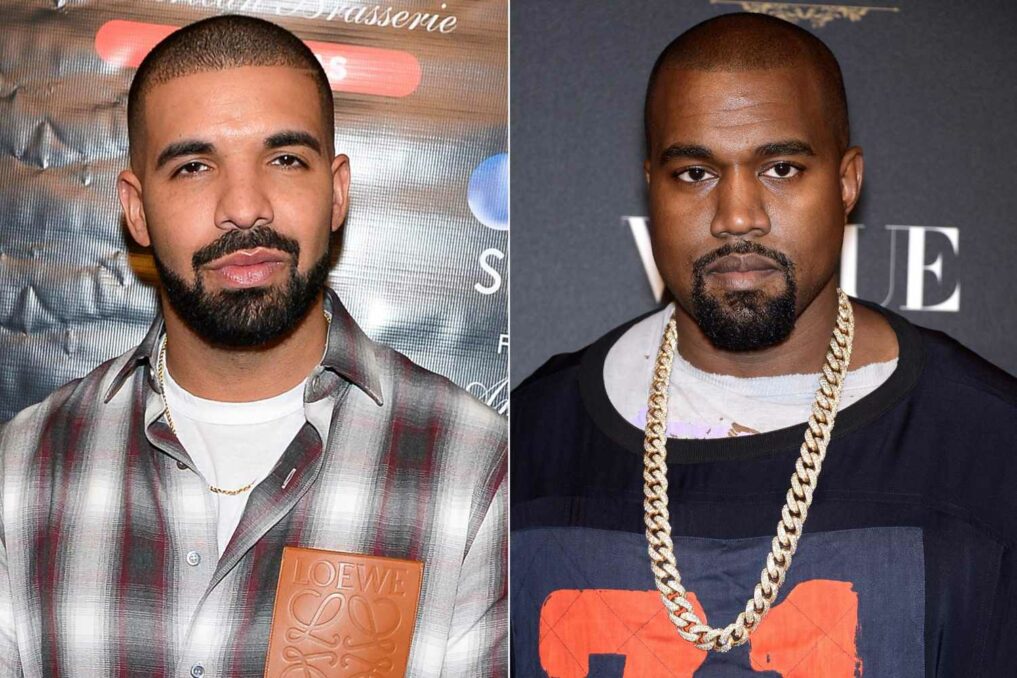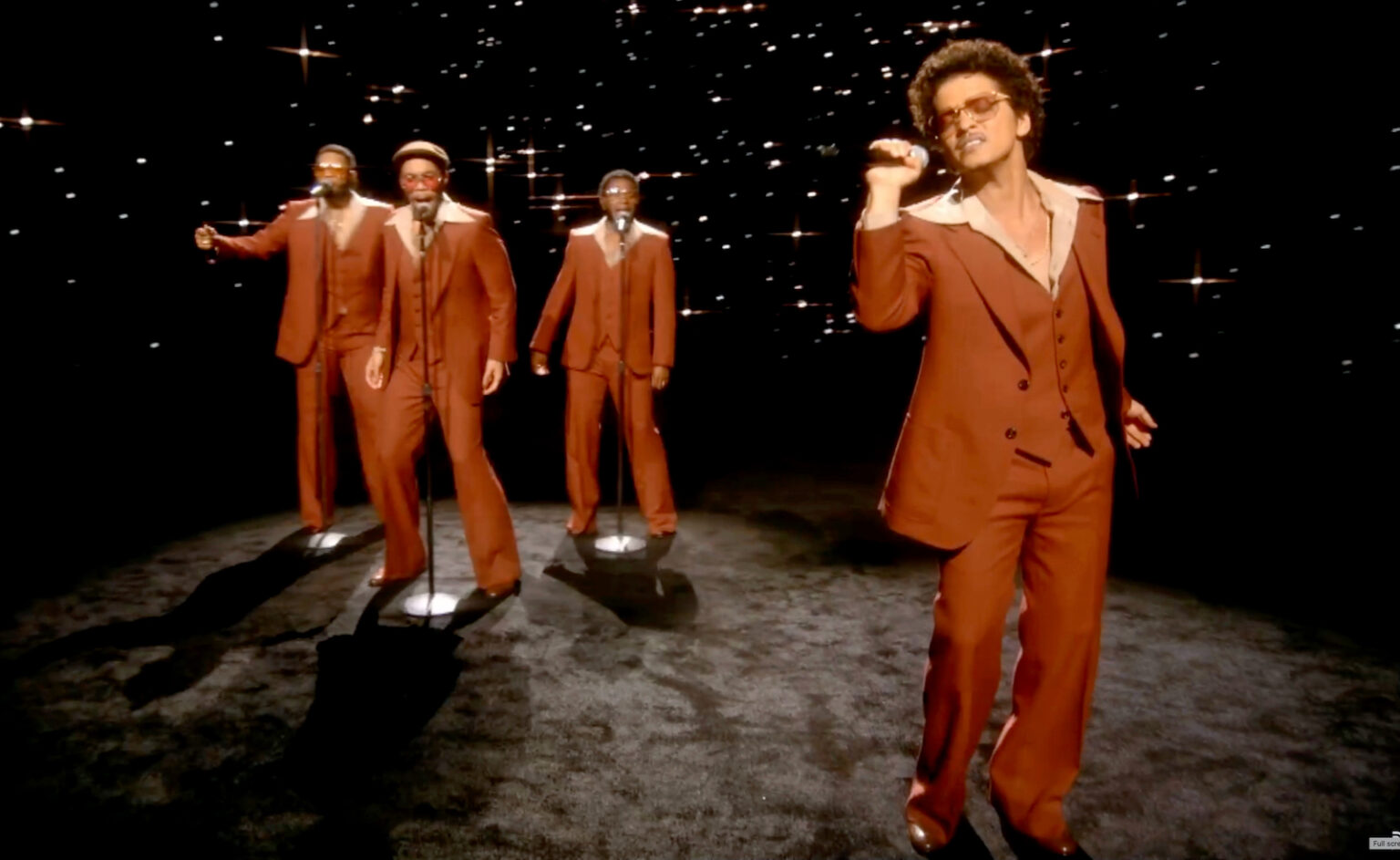For the 66th annual Grammy Awards, the only qualified creators are humans.

The organisation that oversees the famous Grammy Awards, the Recording Academy, has published a new set of guidelines for the 66th annual ceremony. These regulations attempt to create precise eligibility requirements while addressing the use of artificial intelligence (AI) in music production.
The Recording Academy is taking pre-emptive measures to control artificial intelligence’s position in the music business while the entertainment industry as a whole keeps arguing about its influence and effects.
Only human creators may be nominated, submitted for consideration, or awarded a GRAMMY Award. The Academy states that a work with no human authorship is ineligible for any category. However, a musical piece is not automatically rejected from inclusion if its composition includes AI elements.
The regulations also state that the human component in the proposed work needs to be significant and not inconsequential. The individual’s contribution should be appropriate for the genre that the piece of art is submitted to.
For instance, if a piece is included in the songwriting domain, the music as well as words must have a significant human input. The same rules apply if the work is entered into a performance division; the performance must entail a considerable amount of human engagement.

When many rappers performing songs by other artists were recently released utilising AI software, the internet was shocked. Rap icons like Drake and Kanye West, who are usually fiercely protective of their work, have fallen prey to the use of their voices to train artificial intelligence (AI) systems, which allows for the usage of their sound on tracks that they were not involved in making.
Big tech keeps announcing new tools that use generative AI technology daily as the ongoing AI conflict intensifies. According to experts, almost 300 million employments across a variety of industries might be threatened by AI. With technologies like ChatGPT becoming more effective with each iteration, that seems more and more possible.
According to a statement a record company provided to the Financial Times, the company has “understood that certain AI systems may have been trained on copyrighted content without obtaining the appropriate permissions from, or paying compensation to, the rights holders who own or produce the content.” The record label, which continues to be roughly one-third of the global music market, also stated that it had “become aware” of this.

Regarding the nominations for the 66th annual Grammy Awards, the Album of the Year category has changed, reversing the policy from 2021 that enabled any producer or composer to be nominated. To make the Grammy’s more fairer, the music artist must now contribute at least 20% of the record to be nominated in this category.
In addition, the total number of genre categories that members are allowed to cast votes in has been dropped from 26 to 11, and the condition that contenders in the Best Music Film category must have at least 51% performance-based material has been eliminated.
Moreover, the Recording Academy established three new categories: Best African Music Performance, Best Pop Dance Recording, and Best Alternative Jazz Album, as well as renaming several existing categories.
The 66th Grammy Awards’ eligibility period runs from October 1, 2022, until September 15, 2024. The prestigious event is projected to take place in the winter of 2024, and nominations will be made public in November.













